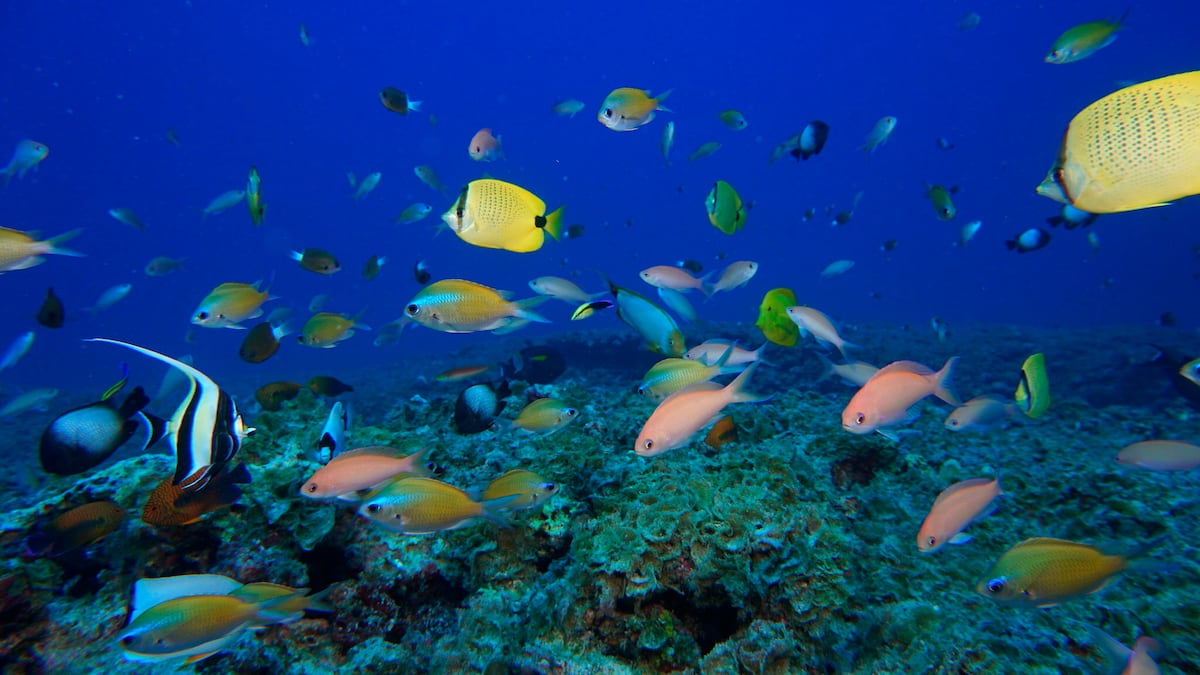Deep-Sea Mining Unleashed: Environmentalists Sound Alarm on Trump's Radical Ocean Extraction Plan

Environmental experts warn that the proposed action threatens to cause devastating and potentially irreversible damage to delicate marine ecosystems. Critics argue that the move recklessly disregards the critical international negotiations currently underway to establish comprehensive regulatory guidelines for such practices.
The proposed initiative risks undermining years of collaborative scientific research and diplomatic efforts aimed at protecting our planet's fragile oceanic environments. By potentially circumventing ongoing international dialogue, the action could set a dangerous precedent that prioritizes short-term interests over long-term environmental sustainability.
